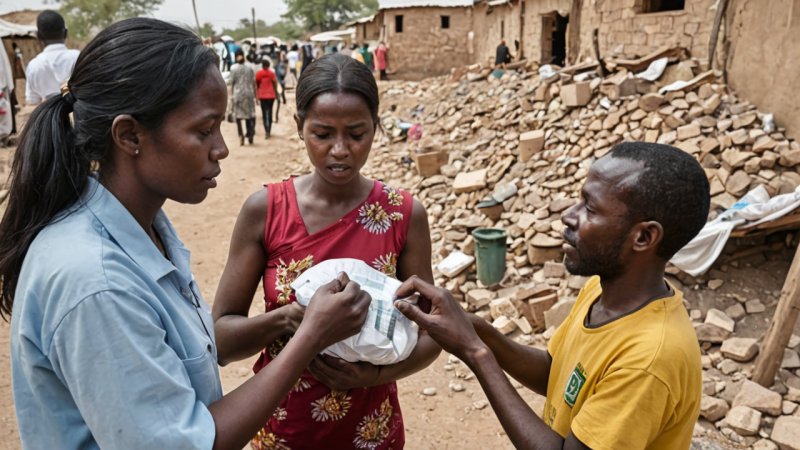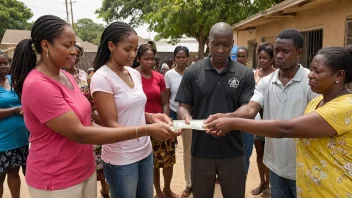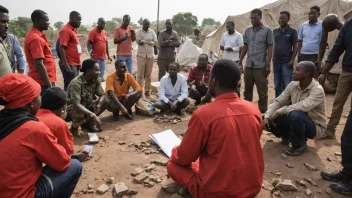Humanitarian crises can arise from various sources, including natural disasters, conflicts, and public health emergencies. In these circumstances, health services play a critical role in addressing the urgent needs of affected populations. The provision of health services in emergency humanitarian aid is essential for saving lives, preventing disease outbreaks, and restoring health systems. Understanding their importance can inspire individuals to take action and support humanitarian efforts.
The first priority in emergencies is the provision of immediate medical care. Injuries, chronic illnesses, and infectious diseases can escalate quickly in crisis situations. Emergency medical teams, comprised of skilled healthcare professionals, are often deployed to provide urgent care. These teams conduct rapid assessments, triage patients, and deliver life-saving treatments. Their swift response is vital in minimizing mortality and morbidity rates in affected areas.
In addition to immediate care, health services focus on disease prevention. Following a disaster, the risk of communicable diseases rises dramatically due to overcrowded living conditions and limited access to clean water and sanitation. Health services implement strategies to prevent outbreaks, such as vaccination campaigns, distribution of hygiene kits, and education on proper sanitation practices. By addressing these factors, health services can protect vulnerable populations from preventable diseases and ensure public health safety.
Collaboration and coordination among various stakeholders are essential for effective health service delivery in emergencies. Organizations such as the World Health Organization (WHO), local governments, and non-governmental organizations (NGOs) work together to assess health needs and mobilize resources. This collaboration ensures that aid is delivered efficiently and that efforts are not duplicated. By fostering partnerships, health services can maximize their impact, reaching more individuals in need of care.
Mental health services are also an integral part of health care in emergencies. The psychological impact of disasters can be profound, leading to increased rates of anxiety, depression, and post-traumatic stress disorder (PTSD). Providing mental health support helps individuals process their experiences and begin to heal. Initiatives such as counseling, community support programs, and training for local health workers in mental health first aid are vital components of a comprehensive health response.
Investing in local health capacity is crucial for long-term recovery and resilience. Training local health workers not only enhances the immediate response to crises but also strengthens the overall health system. Local workers are often trusted members of their communities, and their involvement in health services fosters culturally appropriate care. This empowerment enables communities to better prepare for and respond to future emergencies.
In conclusion, health services are fundamental in emergency humanitarian aid, addressing the immediate and long-term needs of affected populations. From providing urgent medical care to preventing disease outbreaks and supporting mental health, health services are essential for recovery. By understanding their significance and advocating for comprehensive health initiatives, individuals can contribute to building a more resilient global community. Taking action, whether through volunteering, raising awareness, or supporting local health initiatives, can help ensure that health services remain a priority in humanitarian responses.
Health Services: Essential in Humanitarian Emergencies
Health services play a critical role in humanitarian emergencies by addressing urgent medical needs and preventing disease outbreaks, ensuring the wellbeing of affected populations.






